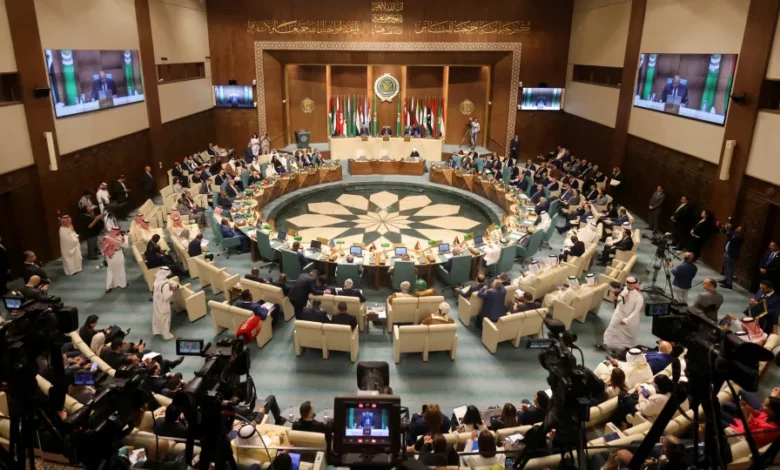
The Arab League has re-admitted Syria after an 11-year absence, the organization said Sunday, following an extraordinary meeting at the Arab League’s headquarters in Cairo, Egypt.
The re-entry comes with immediate effect, after Syria was suspended during a violent crackdown on anti-government protests.
The Arab League is an organization of Middle Eastern and African countries and the Palestine Liberation Organization. Its purpose is to promote closer political, economic, cultural and social relations among the members.
Member states agreed during Sunday’s meeting to “resume the participation of the delegations of the government of the Syrian Arab Republic in the meetings of the Council of the League of Arab States,” according to an Arab League statement.
The Arab League also stressed the need to take “practical and effective steps” to resolve the Syrian crisis, the statement added.
Syrian President Bashar al-Assad could participate in the upcoming Arab League summit in Saudi Arabia if he is invited and if he wants to attend, Arab League Secretary General Ahmed Aboul Gheit told journalists Sunday.
“Syria, from tonight, is a full member of the Arab league, and starting tomorrow they have the right to participate in any meeting. When the host nation, in this case Saudi Arabia, sends the invitation, (Assad) can attend if he wishes to,” Gheit said.
Officials and analysts have said that Syria’s re-admission into the Arab League, while symbolic, comes with the possibility it could enable Assad’s rehabilitation internationally, and potentially allow the removal of crippling sanctions against his regime.
Speaking to CNN earlier this month, HA Hellyer, Middle East scholar at the Carnegie Endowment for International Peace and at Cambridge University, said Syria’s return to the Arab League “paves the way for member states who might have been holding back to engage more directly with Assad’s regime.”
“It also makes it easier for non-member states, like Turkey and others, to argue that a new modus vivendi is in order,” he added.
Syria has been under crippling Western sanctions for years, the most prominent being the US’ 2019 Caesar Act, which imposed wide-ranging sanctions that restricted individuals, companies or governments from economic activities assisting Assad’s war effort. The act rendered the entire economy untouchable.
The UN says the levels of poverty and food insecurity faced by Syrians today are unprecedented. The World Food Programme estimates that as of 2022 more than 12 million Syrians – more than half of the country’s population – are food insecure.




